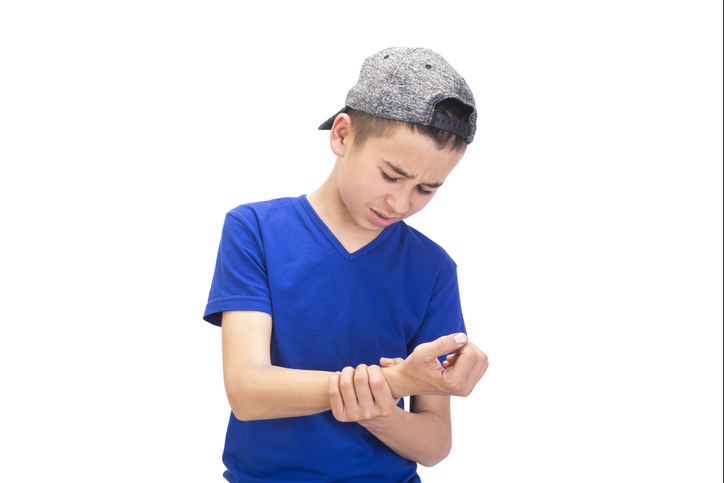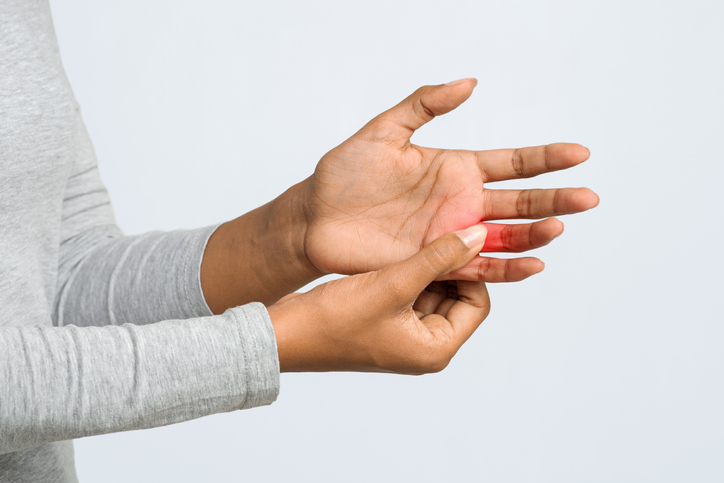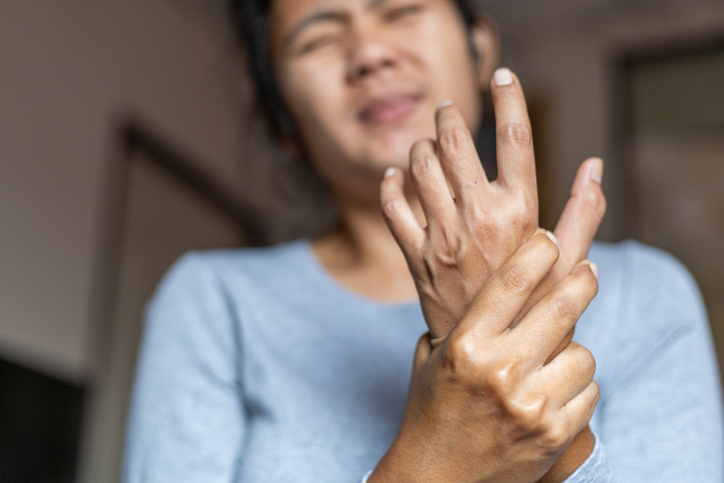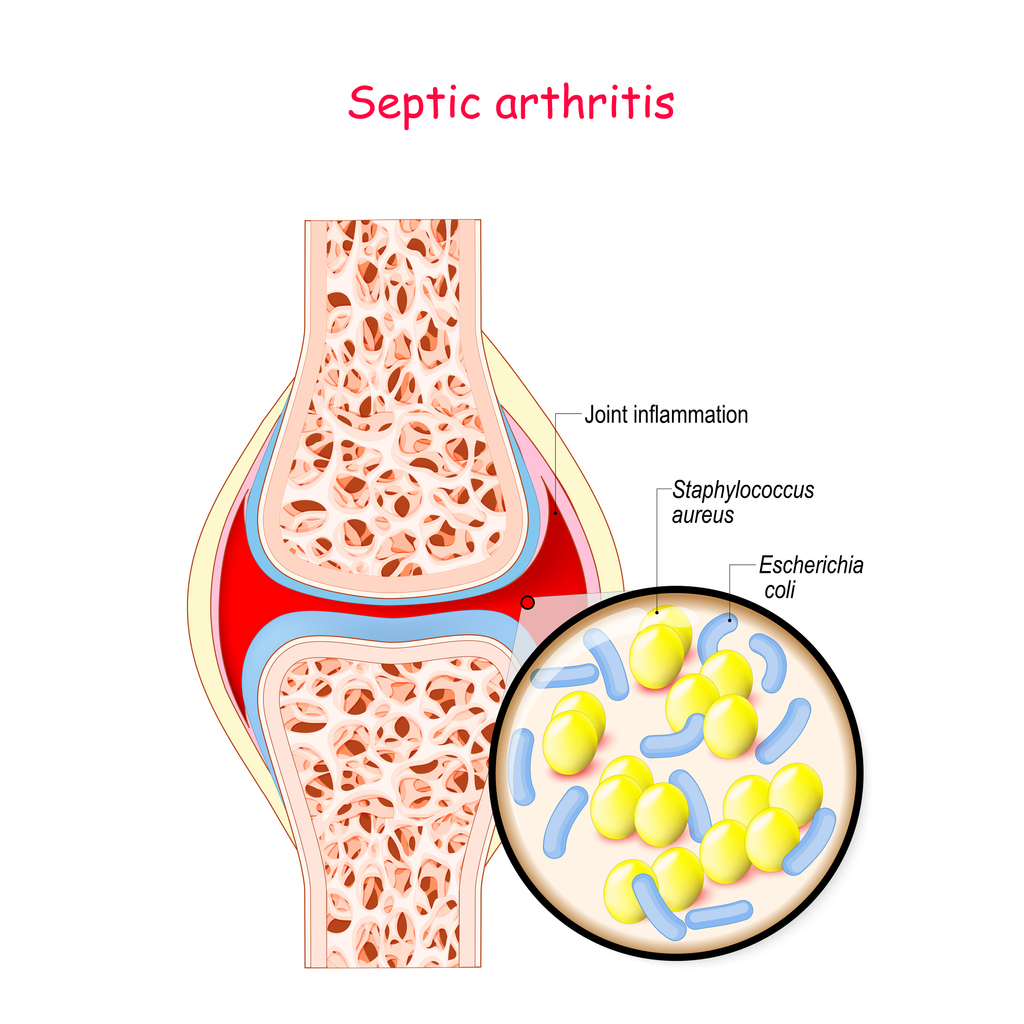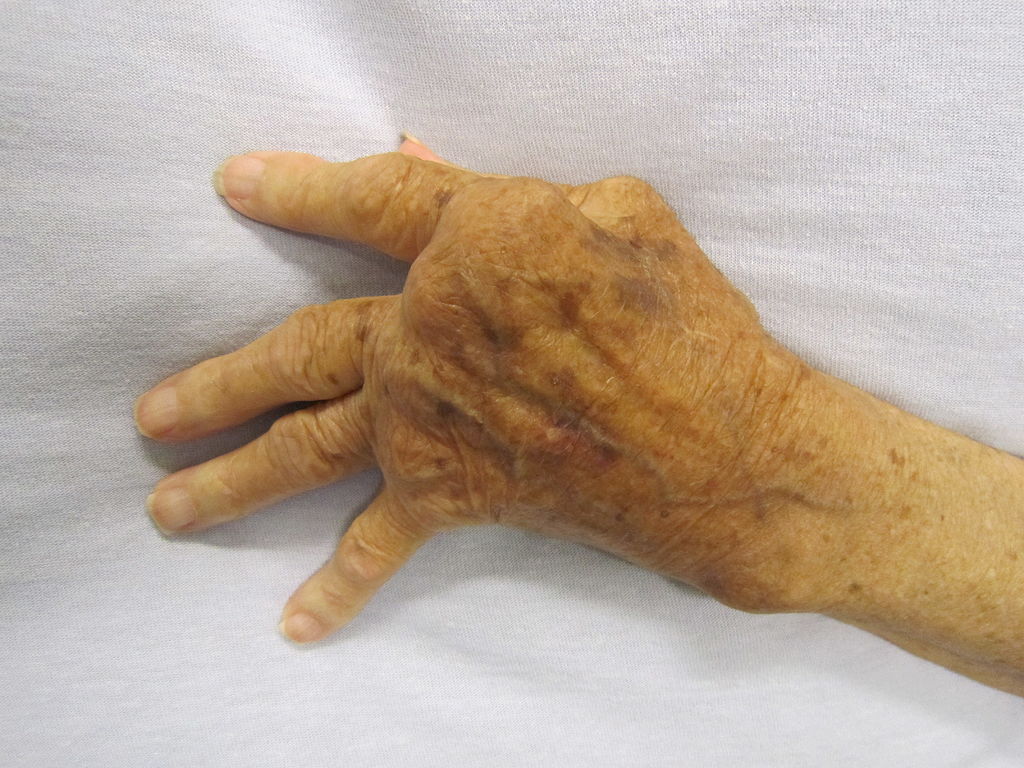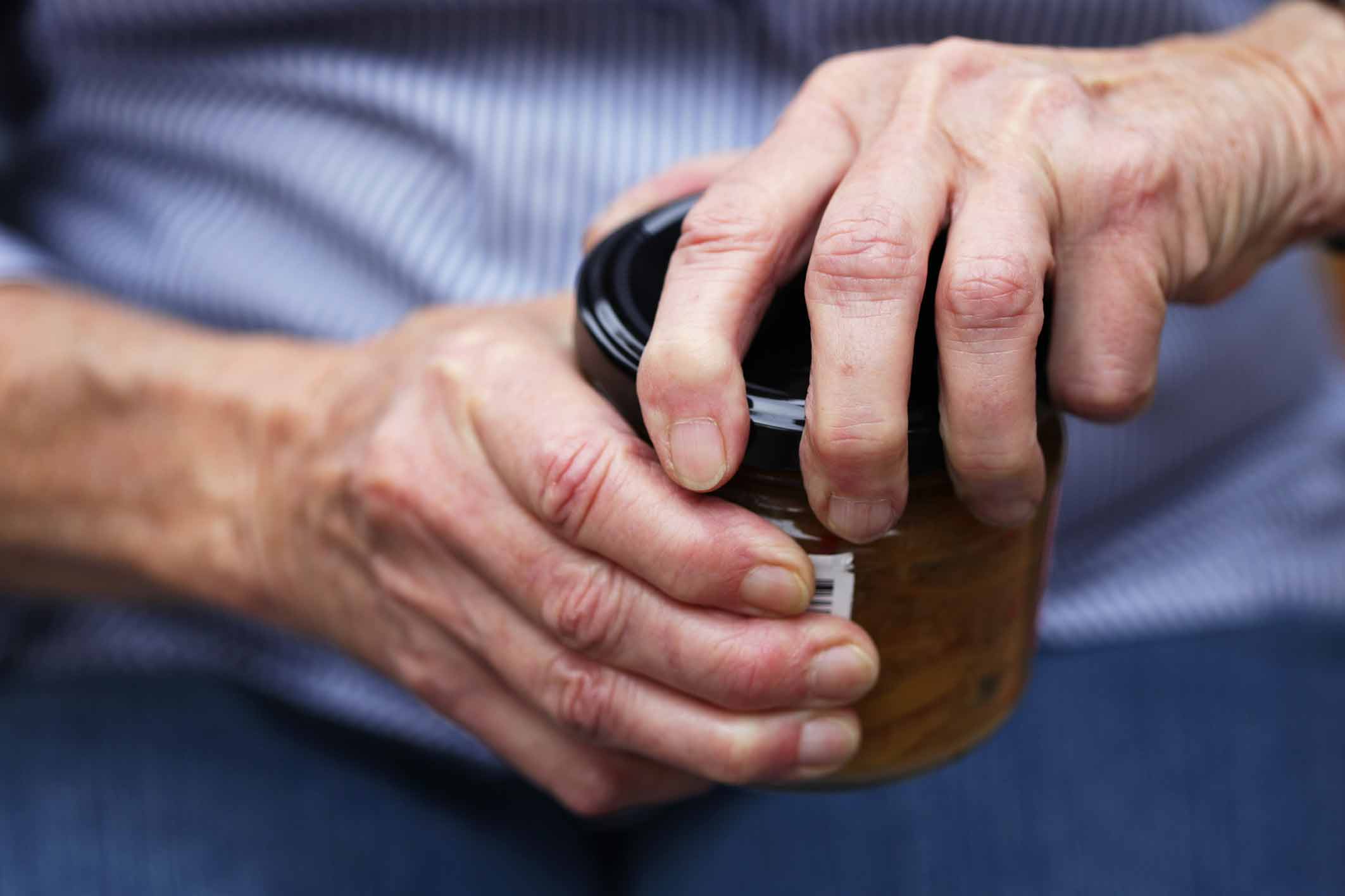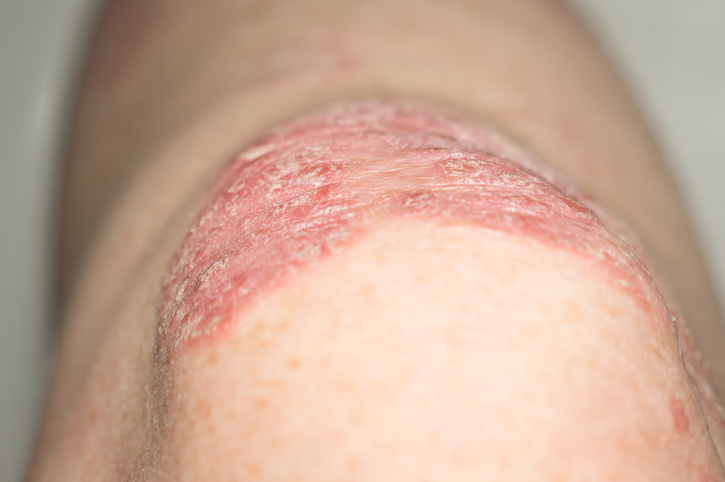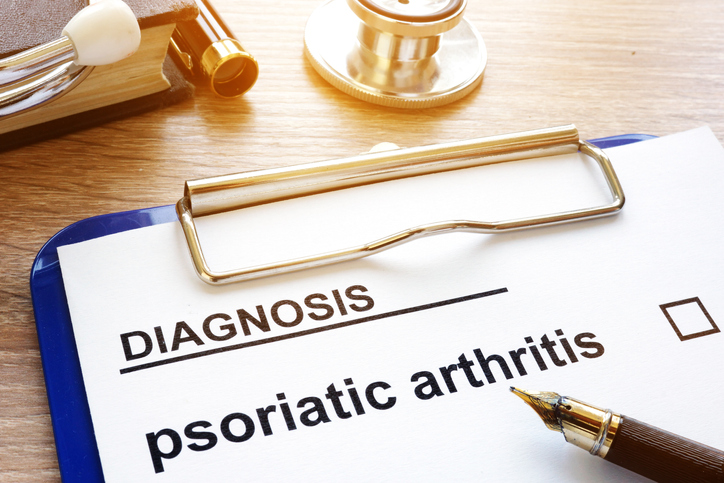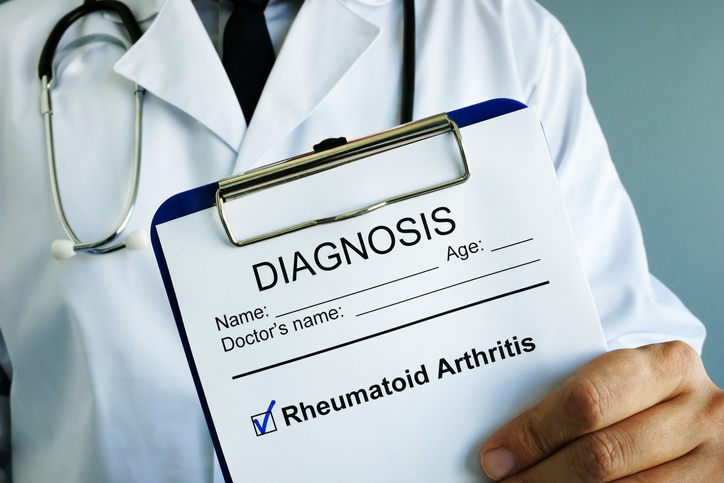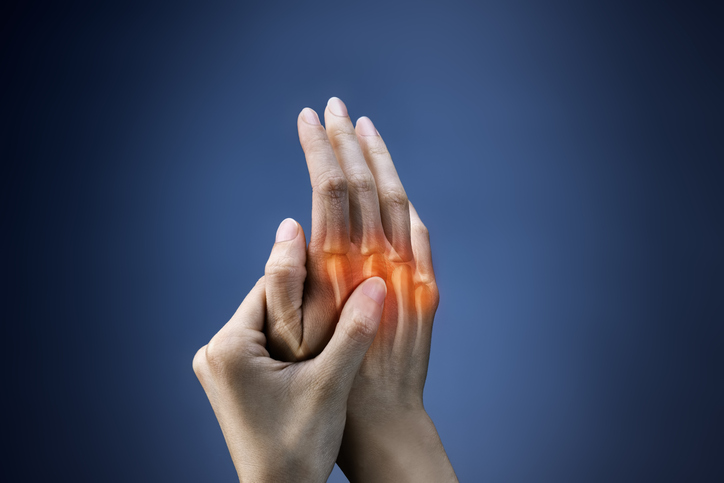Pain
At-Home Treatments for Juvenile Idiopathic Arthritis (JIA)

What is juvenile idiopathic arthritis?
Juvenile idiopathic arthritis (JIA), formerly known as juvenile rheumatoid arthritis, is the most common type of arthritis in children 16 years or younger. It is an autoimmune disease in which the immune system mistakenly attacks healthy cells and tissues in one or more joints, causing pain, swelling, and stiffness. Unlike other forms of arthritis, a child with JIA can outgrow the condition, but bone development may be affected.
A diagnosis of juvenile idiopathic arthritis requires that the child be 16 years or younger with swelling and inflammation in at least one joint for no less than six weeks.
At-home treatments
In addition to conventional treatments, several at-home treatments can help reduce symptoms and limit the negative effects of juvenile idiopathic arthritis.

Physical activity
Physical activity both strengthens muscles and supports joint flexibility. It can help improve sleep and reduce anxiety; it also releases “feel good” chemicals in the brain that help to ease pain. Regular physical activity also helps with maintaining a healthy weight, which prevents additional strain on the joints. Low-impact exercises, such as swimming, walking and stretching, are typically well-tolerated.

Temperature therapy
Cold packs, hot packs, or a hot bath/shower can help reduce symptoms of JIA. Heat works best to relieve stiff joints and tired muscles, especially first thing in the morning. Cold numbs painful areas and reduces inflammation.

A healthy diet
Eating a healthy diet can help reduce inflammation in the body. Children with JIA should eat plenty of fruits, vegetables, whole grains, and healthy fats. Sugary, processed foods, which increase inflammation, should be avoided.

Topical over-the-counter products
Over-the-counter creams, gels, and patches can be applied to joints and muscles to help relieve pain.

Rest
While exercise is important, rest is also essential, especially during flares. Rest helps reduce inflammation and fatigue. Sleep is essential for managing pain, reducing anxiety, and improving overall health.
These at-home treatments can be combined with conventional treatments to help reduce symptoms and improve quality of life.
